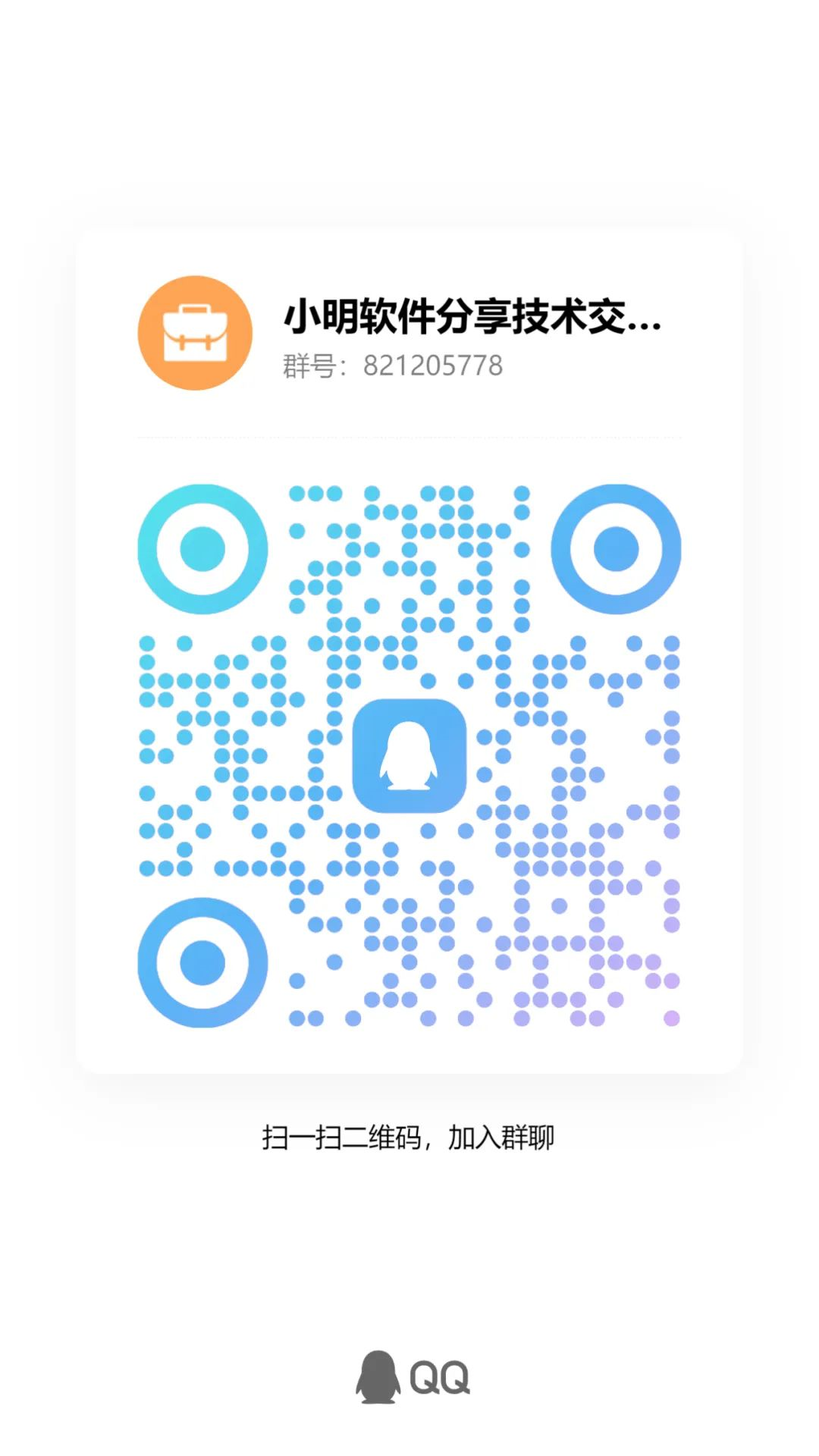教你十分钟构建好 SpringBoot + SSM 框架
来源:Howie_Y
https://juejin.im/post/5b53f677f265da0f8f203914
目前最主流的 java web 框架应该是 SSM,而 SSM 框架由于更轻便与灵活目前受到了许多人的青睐。而 SpringBoot 的轻量化,简化项目配置, 没有 XML 配置要求等优点现在也得到了大众的青睐。
而本文,我将教大家如何在 intellij idea 中快速构建好一个 Maven + Spring + SpringMVC + MyBatis + SpringBoot 的框架,做到了足够精简,让你可以立刻开始你的 web 项目。
附上这个简单的框架构建的 github 地址 SSM-SpringBoot:
https://github.com/HowieYuan/SSM-SpringBoot
选择 Spring Initiallizr
添加最基本的几个依赖 Web,MySQL,MyBatis,其他需求可以后续再添加 ; 数据库选择了 MySQL
数据源中存储了所有建立数据库连接的信息
 1. 配置 IDEA 数据源
1. 配置 IDEA 数据源
输入地址,端口,用户名,密码等等完成设置
 2. 配置 spring 数据源
2. 配置 spring 数据源
application.properties 文件添加:
spring.datasource.url = jdbc:mysql://xx.xx.xx.x:xxx/xxx?characterEncoding=utf8&allowMultiQueries=true&useSSL=false
spring.datasource.username = root
spring.datasource.password = 123456
spring.datasource.driver-class-name = com.mysql.jdbc.Driver
url : 数据源 url ,格式为 jdbc:mysql://Host(主机名或 IP 地址):Post(端口)/Database(数据库名称),其中 allowMultiQueries = true : 允许多条 sql 同时执行(分号分隔);useSSL : 是否进行 SSL 连接,根据实际情况选择
username : 用户名
password : 密码
driver-class-name : 驱动名,不同的数据库有不同的 Drivername,如 oracle 数据库的 oracle.jdbc.driver.OracleDriver,MySQL 数据库为 com.mysql.jdbc.Driver
使用 @Controller / @RestController 注解标注一个控制器,表明这个类是作为控制器的角色而存在的
使用 @Service 注解标注一个业务层类
使用 @Repository 注解标注一个持久层 mapper 接口
使用 @Component 注解标注其他组件
使用 @Configuration 注解标注配置类
整个项目的构建最主要的部分就是 springboot 和 mybatis 的整合,而springboot 也提供了十分方便的方式。
 1. xml 文件
1. xml 文件
声明为映射文件
namespace : 指该映射文件对应的映射接口 ; 一般来说,一个 XML 映射配置文件对应一个命名空间,而这个命名空间又对应一个接口
xml version="1.0" encoding="UTF-8"
<mapper namespace="com.swit.dao.MyMapper">
</mapper>
 2. application.properties
2. application.properties
Mybatis 配置,指定了 mybatis 基础配置文件和实体类映射文件的地址
mybatis.mapperLocations = classpath:mapper/**/*.xml
mybatis.typeAliasesPackage = com.swit.model
配置 typeAliasesPackage 可以使得 com.swit.model 包内的实体类可以在映射文件中使用别名,如:
<select id="getUser" parameterType="int" resultType="User">
</select>
如没有配置 typeAliasesPackage ,则需要 resultType="com.swit.model.User"
如果要对 MyBatis 通过 xml 文件进行另外的配置,则添加文件路径:
mybatis.config-locations=classpath:mybatis/mybatis-config.xml
 3. 添加对 mapper 类的扫描
3. 添加对 mapper 类的扫描
以下两种方法二选其一
(1)可以选择在启动类添加 @MapperScan
value 为 mapper 类所在的包(注意这里是包的路径,而不是类的路径!)
@MapperScan(value = "com.swit.dao")
另外, @MapperScan 注解面向的是接口类,只要是加了注解的接口类都需要进行通过该注解来扫描
(2)可以在每个 mapper 类上添加 @mapper 注解
@Mapper
@Repository
public interface MyMapper {
}
到目前为止,你已经完成了你的项目的构建,下面我还会介绍些别的东西。
 1. @SpringBootApplication
1. @SpringBootApplication
这个注解位于启动类
@SpringBootApplication 等价于以默认属性使用 @Configuration , @EnableAutoConfiguration 和 @ComponentScan, 所以启动类无需再添加这三个注解
@Configuration :标注一个类为配置类。
@EnableAutoConfiguration :开启自动配置。
@ComponentScan :自动收集所有的 Spring 组件
 2. 部署服务器
2. 部署服务器
如果你想把自己的 SpringBoot 项目部署到阿里云,腾讯云等服务器,那么你还需要加点东西。
1. 如果需要通过打包的方式在web容器中进行部署,则需要继承 SpringBootServletInitializer 覆盖configure(SpringApplicationBuilder)方法
public class SpringbootApplication extends SpringBootServletInitializer {
public static void main(String[] args) {
SpringApplication.run(SpringbootApplication.class, args);
}
protected SpringApplicationBuilder configure(SpringApplicationBuilder builder) {
// 注意这里要指向原先用main方法执行的Application启动类
return builder.sources(SpringbootApplication.class);
}
}
2.pom 文件添加打包插件
<build>
<!--打包后的项目名,url 前缀-->
<finalName>projectName</finalName>
<plugins>
<plugin>
<groupId>org.springframework.boot</groupId>
<artifactId>spring-boot-maven-plugin</artifactId>
</plugin>
<plugin>
<groupId>org.apache.maven.plugins</groupId>
<artifactId>maven-compiler-plugin</artifactId>
<version>3.1</version>
<configuration>
<!--设置编译时使用的 JDK 版本-->
<source>1.8</source>
<!--设置运行时使用的 JDK 版本-->
<target>1.8</target>
<!--设置为 true 则跳过测试-->
<skip>true</skip>
</configuration>
</plugin>
</plugins>
</build>
3. 你很有可能还需要做个跨域处理
public class CorsFilter implements Filter {
/**
* json web token 在请求头的名字
*/
private String tokenHeader = "X_Auth_Token";
public void doFilter(ServletRequest req, ServletResponse res, FilterChain chain) throws IOException, ServletException {
HttpServletResponse response = (HttpServletResponse) res;
HttpServletRequest request = (HttpServletRequest) req;
String token = request.getHeader("X_Auth_Token");
System.out.println(token + "token");
String Origin = request.getHeader("Origin");
System.out.println("Origin:" + Origin);
System.out.println("tokenHeader:" + this.tokenHeader);
Logger logger = Logger.getLogger(this.getClass());
logger.info("Origin: " + Origin);
response.setHeader("Access-Control-Allow-Origin", Origin);
response.setHeader("Access-Control-Allow-Methods", "POST, GET, PUT, OPTIONS, DELETE");
response.setHeader("Access-Control-Max-Age", "3600");
response.setHeader("Access-Control-Allow-Headers", "Origin, X-Requested-With, Content-Type, Accept, " + this.tokenHeader);
response.setHeader("Access-Control-Allow-Credentials", "true");
chain.doFilter(req, res);
}
public void init(FilterConfig filterConfig) {
}
public void destroy() {
}
}
 1. redis
1. redis
redis 也是我们项目中经常用到的 NoSQL,经常用来做做缓存什么的。
依赖
<dependency>
<groupId>org.springframework.boot</groupId>
<artifactId>spring-boot-starter-data-redis</artifactId>
</dependency>
application.properties
Redis数据库索引(默认为0)
spring.redis.database=0
Redis服务器地址
spring.redis.host=127.0.0.1
Redis服务器连接端口
spring.redis.port=6379
Redis服务器连接密码(默认为空)
spring.redis.password=123456
连接池最大连接数(使用负值表示没有限制)
spring.redis.pool.max-active=15
连接池最大阻塞等待时间(使用负值表示没有限制)
spring.redis.pool.max-wait=-1
连接池中的最大空闲连接
spring.redis.pool.max-idle=15
连接池中的最小空闲连接
spring.redis.pool.min-idle=0
连接超时时间(毫秒)
spring.redis.timeout=0
 2. Druid 数据源
2. Druid 数据源
针对监控而生的 DB 连接池
依赖
<dependency>
<groupId>com.alibaba</groupId>
<artifactId>druid</artifactId>
<version>1.0.20</version>
</dependency>
application.properties
spring.datasource.type=com.alibaba.druid.pool.DruidDataSource
spring.datasource.filters=stat
spring.datasource.maxActive=20
spring.datasource.initialSize=5
spring.datasource.maxWait=60000
spring.datasource.minIdle=1
spring.datasource.timeBetweenEvictionRunsMillis=60000
spring.datasource.minEvictableIdleTimeMillis=300000
spring.datasource.validationQuery=select 'x'
spring.datasource.testWhileIdle=true
spring.datasource.testOnBorrow=false
spring.datasource.testOnReturn=false
spring.datasource.poolPreparedStatements=true
spring.datasource.maxOpenPreparedStatements=20






【推荐】国内首个AI IDE,深度理解中文开发场景,立即下载体验Trae
【推荐】编程新体验,更懂你的AI,立即体验豆包MarsCode编程助手
【推荐】抖音旗下AI助手豆包,你的智能百科全书,全免费不限次数
【推荐】轻量又高性能的 SSH 工具 IShell:AI 加持,快人一步
· 记一次.NET内存居高不下排查解决与启示
· 探究高空视频全景AR技术的实现原理
· 理解Rust引用及其生命周期标识(上)
· 浏览器原生「磁吸」效果!Anchor Positioning 锚点定位神器解析
· 没有源码,如何修改代码逻辑?
· 全程不用写代码,我用AI程序员写了一个飞机大战
· DeepSeek 开源周回顾「GitHub 热点速览」
· 记一次.NET内存居高不下排查解决与启示
· MongoDB 8.0这个新功能碉堡了,比商业数据库还牛
· .NET10 - 预览版1新功能体验(一)
2016-10-25 你能熟练使用Dictionary字典和List列表吗?(转)